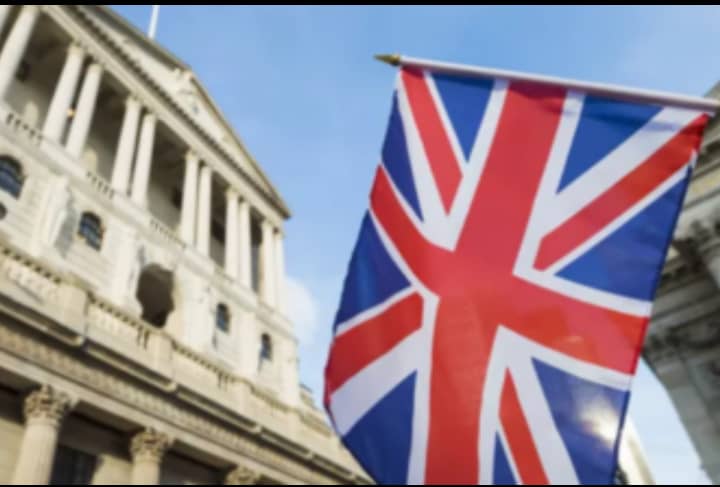The Bank of England (BoE) has just completed a process called Quantitative Easing (QE). A move characterized by selling-off administrative debt to trigger more funds into the capital market. By implication, the capital market asset prices will continue to rise following the financial crisis.
According to the authorities, this move was the end of an era. Not only that, it signifies the beginning of another era. One of the most influential turning points in current financial history has occurred. Also, the age of QE just ended and was replaced by the period of quantitative tightening (QT).
BoE’s Deft QE Moves
The Bank of England had previously bought government debt to keep the economy moving. However, recently, the Bank has begun selling off the previously-bought debt. Many people would not know about this move, just like they didn’t when the debt was being bought.
People regard the QE move as one of the most commendable economic moves ever. They bought government debt that amounted to almost one trillion pounds. The government financed this move by printing money electronically, and this move denotes the large amount spent on the UK’s economy.
Even with the vast amount spent, the process was done quietly, almost with nobody noticing. They executed the move through the government bond market.
The impact wasn’t felt immediately but rather more gradually and inadvertently. The inconspicuousness is due to the Bank purchasing progressively huge amounts of so-called gilt-edged assets.
Likely Impacts Of The Quantitative Easing
Asset values continued to rise following the economic crisis in part. The rise was due to quantitative easing (QE) and the influx of cash into capital markets. The QE also increased the segregation between the poor and the rich.
The QE also produced Wave in different industries, including IT, real estate, and hazardous ventures. However, QE was not the only factor producing these absurd outcomes; however, it played a role in the narrative.
Conversely, the 2008 recession’s avoidance of becoming a depression was also made possible by QE. QE played a part in unemployment not reaching the highs in the 1980s/1980s. Most lawmakers and central bankers believed those proclivities were required to keep things orderly.
The Bank OF England Begins Selling Off Debts
However, on Nov.1st, the Bank of England began selling off its amassed governmental debt. The debt is currently estimated to be worth 837 billion pounds. There has been some uproar about the Bank’s attempt to sell new debt into it.
The amounts are, however, relatively minimal. Every time the government wants to sell any debt, it typically sells about £2B. Over the next few weeks, the Bank will sell off £750 million each week.
Nevertheless, it provides more proof that the economic cycle is changing. Coupled with the Bank boosting interest rates, this reduces rather than increases the overall amount of money flowing through the economy. The era of easy money was approaching its end. Additionally, the period of QE has ended. Until the next crisis, at least.
